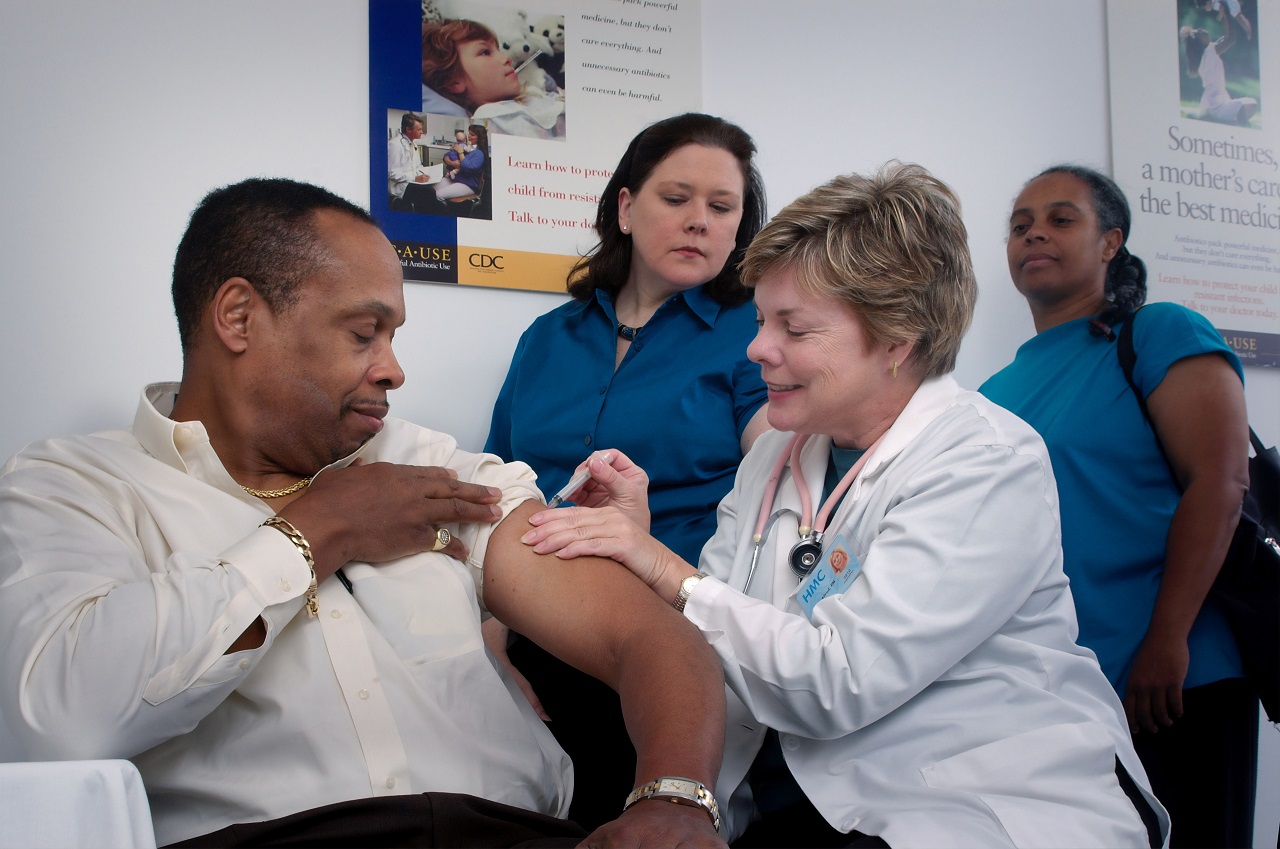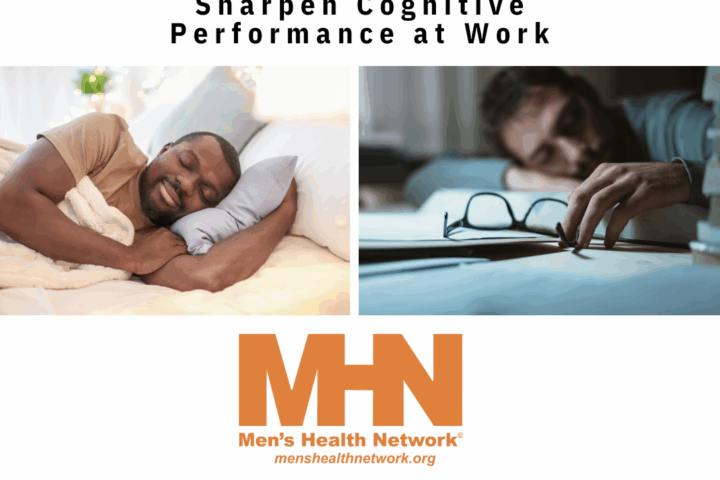As hospitalizations and deaths surge from the novel coronavirus that has claimed more than 258,000 lives, help is on the way. Pfizer and Moderna hope to have functional coronavirus vaccines ready to begin distribution within weeks; on Monday, AstraZeneca announced that its vaccine, too, had proved highly effective in late-stage trials. Pfizer and Moderna are hoping to get emergency-use authorization from the Food and Drug Administration.
A Consumer Reports survey noted that men were more willing than women to say they were somewhat or very likely to get a vaccine (66 percent vs. 56 percent), and a larger share of older Americans said they were very likely to get a vaccine compared with younger respondents (34 percent of those 60 and older vs. 27 percent of those under 60). People with a household income of $60,000 per year or more were also significantly more likely to say they were “very likely” to get a vaccine than people in households that made under that threshold (34 percent to 25 percent), the survey reported.
Black Americans, however, are particularly skeptical about a coronavirus vaccine, according to CR’s survey data. A growing percentage of Black adults—36 percent, up from 31 percent in CR’s September survey—said they were “not at all likely” to get a vaccine. Seventy-nine percent of Black survey respondents said they were “not too confident” or “not confident at all” that a COVID-19 vaccine would be safe, compared with 55 percent of all adults. This is particularly significant because vaccine manufacturers and regulatory agencies have stressed that it’s important for Black people to be adequately represented in vaccine trials, since these populations have been disproportionately affected by the pandemic. Pfizer, for instance, has reported that 10 percent of the participants in its vaccine trial so far are Black; about 42 percent have “diverse backgrounds.”
“Given that Black people in the United States are also more likely to die of covid-19, we find ourselves between the rock of a deadly virus and the hard place of a historically racist health-care system,” Karen Attiah, global opinion editor at the Washington Post, wrote. A September survey by the nonprofit COVID Collaborative found that fewer than half of Black people said they would definitely or probably take a vaccine made available at no charge. Just 14 percent said they trusted it would be safe. A Pew Research Center poll, also from September, illuminated the stark difference in attitudes by race: It found that 32 percent of Black adults would definitely or probably take a vaccine when available, compared with 52 percent of Whites and 56 percent of Hispanics, Attiah wrote.
The vaccines from Moderna and Pfizer both use a new approach that hasn’t resulted in an approved vaccine before — although they have been studied in clinical trials for other viruses.
The two vaccines use genetic code rather than any part of the virus itself, with a technique called messenger RNA, or mRNA. The vaccines deliver mRNA, which is a genetic recipe. In this case, the genetic recipe directs cells to make pieces of the spikes that sit atop the coronavirus. Once it’s injected, the body’s immune system makes antibodies that recognize these spikes. If a vaccinated person is later exposed to the coronavirus, those antibodies should stand at the ready to attack the virus.
The fact that Moderna and Pfizer have independently produced similar results using the same technique is a vote of confidence in the genetic technology, experts said, and their results could make it much easier and quicker to produce other vaccines.
It is estimated that a Covid-19 vaccine will need to be accepted by at least 55 percent of the population to provide community immunity, according to the London School of Hygiene & Tropical Medicine, and some scientists anticipate even higher numbers will be needed.




